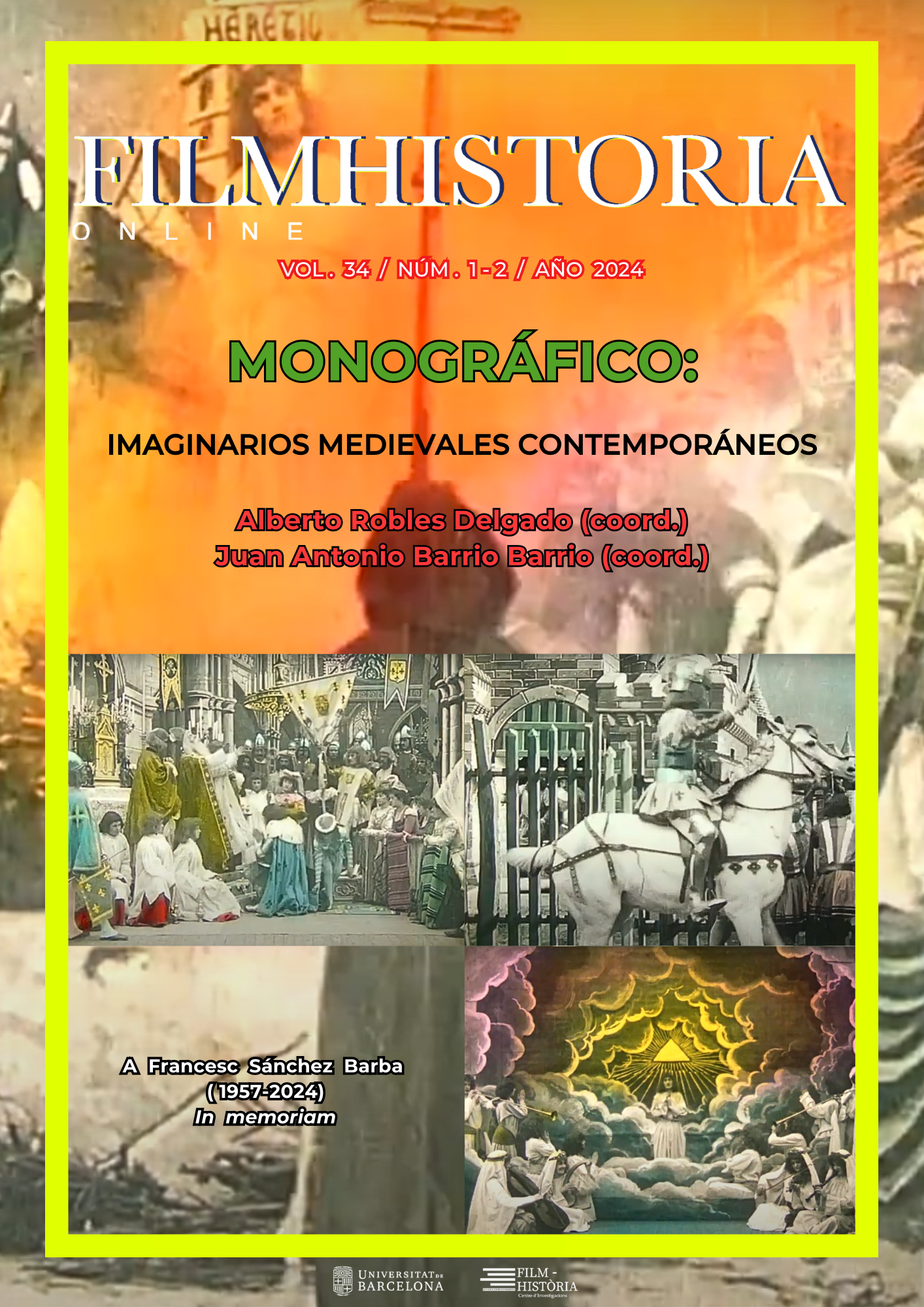ATONEMENT AND PENITENTIARY POLICY: ALARCÓN IN THE FRANCOIST CINEMA OF THE 1940
DOI:
https://doi.org/10.1344/fh.2024.34.1-2.205-237Keywords:
Atonement, Francoist , Cinema, Pedro Antonio de Alarcón, Priest, RepressionAbstract
In the mid-1940s, the Francoist cinema adapted a series of novels by Pedro Antonio de Alarcón. Among them are El escándalo (1943), El clavo (1944) and La Pródiga (1946). In all three the chronotope is the path of life, and atonement is their literary motif. Our hypothesis is that these films explain to the viewer of that time the policy of punishment and pardon that the regime had adopted toward Republican prisoners. A policy marked by a critical international situation, as it became increasingly clear that the Axis would lose the Second World War and pressure was being put on the Allies to invade Spain. Specifically, we will see that a penitentiary policy where crime is equated with sin is matched by a cinematic story based on the chronotope of life's journey. This story presents us with sinful or guilty characters, a transcript of the Republican prisoners and exiles who recognize their guilt in the course of the plot. Afterwards, a priest shows them how to atone for their sins and redeem themselves.







